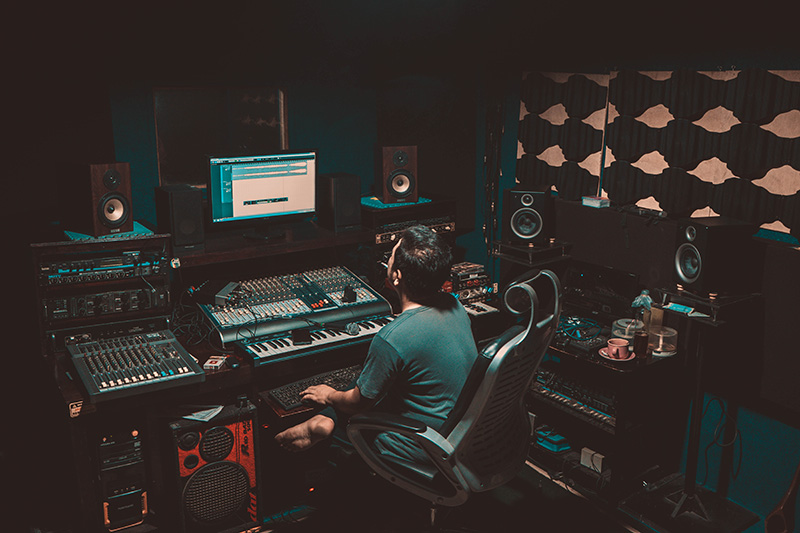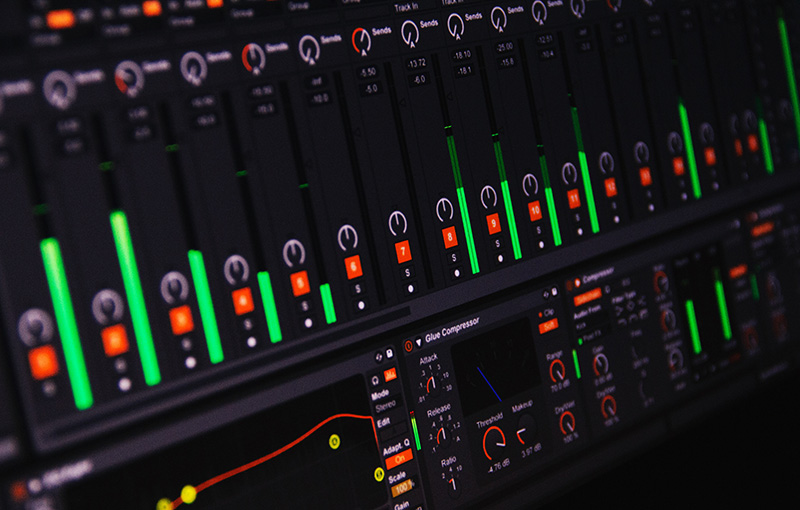Introduction
In the dynamic world of music production, the role of a ghost producer remains intriguing and often shrouded in mystery. Behind the scenes, these talented individuals work tirelessly to craft chart-topping tracks, yet their contributions often go unnoticed by the general public. One question that frequently arises in this context is: “How much do ghost producers actually make?” In this article, we’ll delve into the world of ghost production, exploring the factors that influence their earnings and shedding light on the potential income they can generate.
Understanding Ghost Production
Ghost production involves the creation of music tracks, often for well-known artists, by skilled producers who choose to remain anonymous. While these producers don’t receive public credit for their work, they play a pivotal role in shaping the sound of the music industry. Their tasks may include composing melodies, programming beats, mixing, and mastering.
Factors Influencing Ghost Producers’ Earnings
- Experience and Skill Level: Just like any other profession, the experience and skill level of a ghost producer significantly impact their earning potential. Producers with a strong portfolio, a track record of successful releases, and a reputation for delivering high-quality work can command higher fees.
- Genre and Demand: The genre of music a ghost producer specializes in can also affect their earnings. Genres with higher demand, such as electronic dance music (EDM) or pop, may offer greater opportunities for income due to the commercial viability and global fan base of these genres.
- Clientele: Working with A-list artists or established record labels can lead to higher compensation. High-profile clients often have larger budgets to invest in their music, allowing ghost producers to negotiate better payment terms.
- Agreement and Terms: The nature of the contract between the ghost producer and the artist/label is a crucial determinant of earnings. Some deals may involve flat fees per track, while others could include royalty percentages based on the track’s performance.
- Quantity and Turnaround Time: The number of tracks a ghost producer can produce within a given time frame can also impact their income. Those who are efficient and can consistently deliver quality work may be able to take on more projects and increase their earnings.
- Exclusivity and Rights: Ghost producers might charge higher fees if they are required to surrender all rights to the produced tracks, especially if they are prevented from using the work in their personal portfolios.
Potential Income Range
Ghost producers’ earnings can vary significantly based on the factors mentioned above. On the lower end of the spectrum, novice or less experienced ghost producers might earn a few hundred to a couple of thousand dollars per track. Established ghost producers, on the other hand, can earn anywhere from several thousand to tens of thousands of dollars per track, especially when working with high-profile clients. In some cases, they might even secure contracts with annual six-figure incomes, depending on the exclusivity of their work and the demand for their skills.
Conclusion
While the world of ghost production remains veiled in secrecy, the financial prospects for ghost producers are undeniably attractive. Their ability to craft hit tracks that resonate with audiences around the globe positions them as invaluable contributors to the music industry. With a mix of talent, experience, and strategic decision-making, ghost producers have the potential to not only make a living but to thrive in this hidden realm of music creation.



